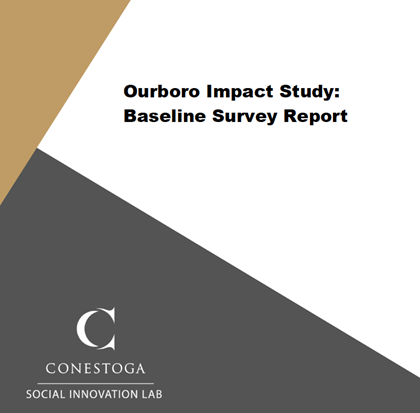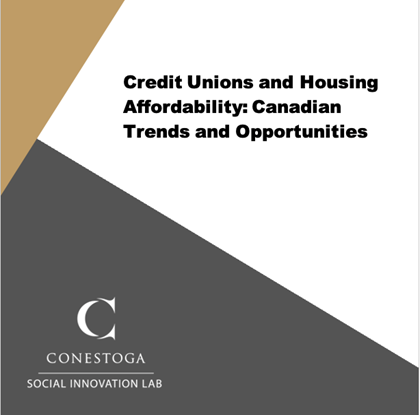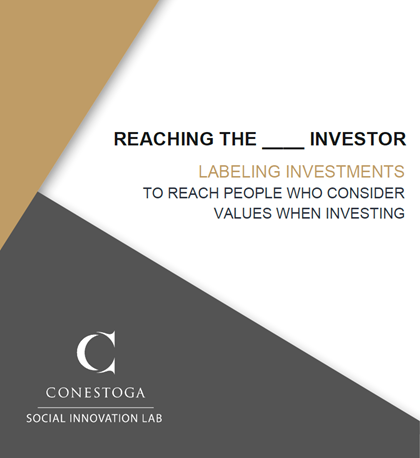Archive
-
2025
-
2024
-
2023
-
2022
-
2021
-
2020
-
2019
-
2018
-
2016
-
2013
Category
Ourboro Impact Study: Baseline Survey Report
The Baseline Ourboro Impact Study is designed as a multiyear study which will explore: Does a participant in a shared equity model have a meaningfully improved quality of life as a direct result of participation in the shared equity model? This report presents the results of an initial survey designed to identify categories to monitor over time.
Credit Unions and Housing Affordability: Canadian Trends and Opportunities
The Credit Unions and Housing Affordability: Canadian Trends and Opportunities report discusses how Credit Unions can support solutions to improve housing affordability for members and ensure that affordable housing is available in Canadian communities. The report identifies eleven trends and opportunities for credit unions to consider in their planning: shared equity, rent-to-own, impact investments, thematic savings products, MLI select, co-ownership mortgages, mortgages for non-traditional homes, Halal mortgages, new cooperative housing, pooled accounts, and grants and donations.
Reaching the __ investor
Investment strategies and offerings reflecting investor values are increasingly prevalent, but the language used to describe this approach to investment varies widely - with terms such as ethical investing, responsible investing, impact investing, ESG investing, sustainable investing, and others appearing in promotional materials and the academic literature.
Principles and Best Practices for Community-Engaged Writing at Conestoga
This document describes principles and best practices for conducting community-engaged writing projects at Conestoga. It provides resources for faculty, students, and partners involved in curricular and co-curricular community-engaged writing activities.
Navigating the space between politics and administration: The informal practices of Ontario school board trustees
Through interviews with 25 school board trustees in Ontario, this article contributes to the growing literature that explores the politics-administration dichotomy at the local government level in Canada. While existing literature is oriented from the perspective of the local government administrator, we examine the relations between local government politicians and administrators from the orientation of the former to determine how they navigate the dichotomy, particularly in a context where it is arguably more contested.






